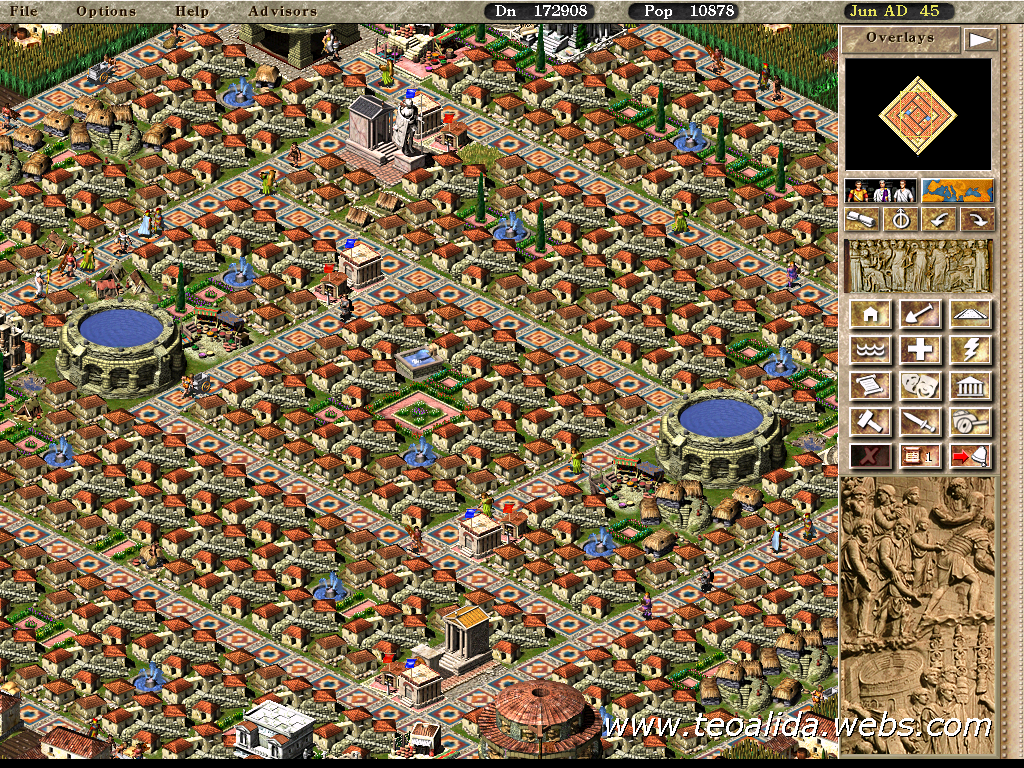

At best, they were fascinatingly flawed sandbox games that basically doubled as superhero adventures. I’d be lying if I tried to tell you the first two Crackdown games were perfect. The game’s roster was a pale imitation of the gloriously outlandish rosters that preceded it, and its bland art style was sadly also representative of the additional corporate desires the project suddenly had to service. The fourth major installment in this series (not counting spin-offs and similar releases) was released far into the MCU era, and it showed. Marvel really gave one of the best fighting game developers ever access to their all-time great roster of heroes and villains and told them to go do their thing? It not only happened, but it resulted in some of the best fighting games ever made. Capcom franchise has always felt like a glorious fever dream.

From this point, Command & Conquer was a brand that existed only to remind you of better times and better games. Terrible digital rights policies, overlooked single-player components, lazy storytelling, desperate attempts to capitalize on emerging trends…it often felt like Command & Conquer 4’s biggest aspiration was simply being a serviceable modern approximation of the previous games, yet it failed to reach such humble heights.ĮA would go on to throw the Command & Conquer name onto a couple of easily forgettable projects after this, but the damage was done. Though not the first Command & Conquer game released during EA’s tenure over the franchise, it was the most EA Command & Conquer game in all the worst ways imaginable. However, Command & Conquer 4 killed most of that goodwill in an instant. Though the franchise endured some ups and downs over the years, it was a series that commanded a lot of respect for over a decade. At a time when the RTS genre helped to define the entire PC gaming scene, the Command & Conquer games were seen as some of the platform’s definitive experiences. It’s sometimes easy to forget what a big deal the Command & Conquer series once was. Warriors of Rock was the low point for a franchise that seemingly officially ended for good shortly after the half-hearted release of 2015’s Guitar Hero Live. While the blatant excess of Rock Band 3 (which was also released in 2010, just a month after Warriors of Rock) strongly suggested the rhythm genre had indeed peaked, that game was actually really good.


 0 kommentar(er)
0 kommentar(er)
